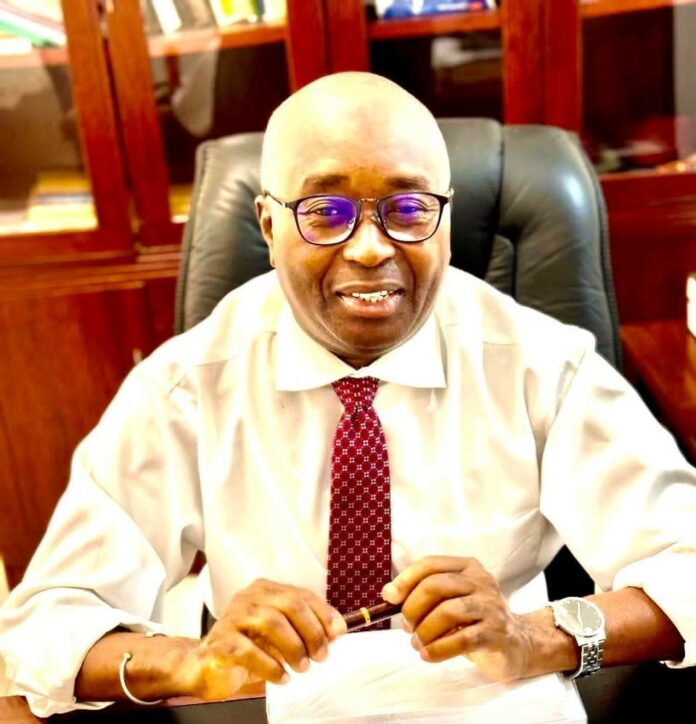By: Musa Bassadi Jawara
Addendum: Electoral politics is the sentimentality of democracy; the issue of ethnicity sparked a lively debate within the community of readers on The Fatu Network about the publication captioned, “Ethnicity & March 24, Presidential Elections of Senegal.” It drew a plethora of reactions and all commentaries are deemed useful to the author, and together we are an enlightened society that mimics advanced nations. African societies are changing, adopting a reading culture and are becoming more informed than ever. This will reflect on our politics, the way leaders are chosen and governance. Kudos to this network and all those who have strived to create the platform on cyberspace for the opportunity to have a just and literate society.”
I have worked on politics, economics and security in Africa for two decades. My writings on this medium are based on practical experience acquired traveling length and breadth of the continent, necessitated by call to duty.
The prevailing factor driving African politics is ethnicity. Period! Ethnic politics is the predominant factor in Sunday’s presidential elections in Senegal. It’s important to put the ethnic issue in proper context based on 2019 estimates of UN Statistics Division, thus: Wolof 39.7%, Pulaar 27.5%, Sereer 16%, Mandinka 4.9%, Jola 4.2%, Soninke 2.4%, other 5.4 (includes Europeans and persons of Lebanese descent).
When we peeled away the mumbo jumbo, the barbs, the nasty rhetoric and geo political brouhaha, Sunday poll will be settled along the lines of the above statistics. In the 2019 presidential elections, incumbent President Macky Sall received circa 58% of the total vote cast, Edris Seck circa 20% and Ousman Sonko circa 15% respectively.
With Ousman Sonko out of the contest this time, Diomaye Faye might pull little bit ahead with a point or two on Ousman’s figure last elections. Idy Seck might receive the lion’s share of the Wolof vote and surprisingly, catapult him into second place overall. The Pulaar vote is money in the bank for Amadou Ba; the political establishment; the residual influence of the incumbency and the internal hidden manipulation of the Interior Ministry in Dakar, tout former premier minister Amadou Ba’s candidature.
All of the above being considered, supported by empirical evidence and barring force majeure, Amadou Ba will be elected president of Senegal, on Sunday, March 24, 2024.
Let me conclude with a warning to the sissy: I write based on geo political reality on the ground and my personal preferences are not reflected in anyway, shape or form.
Let the people decide !




